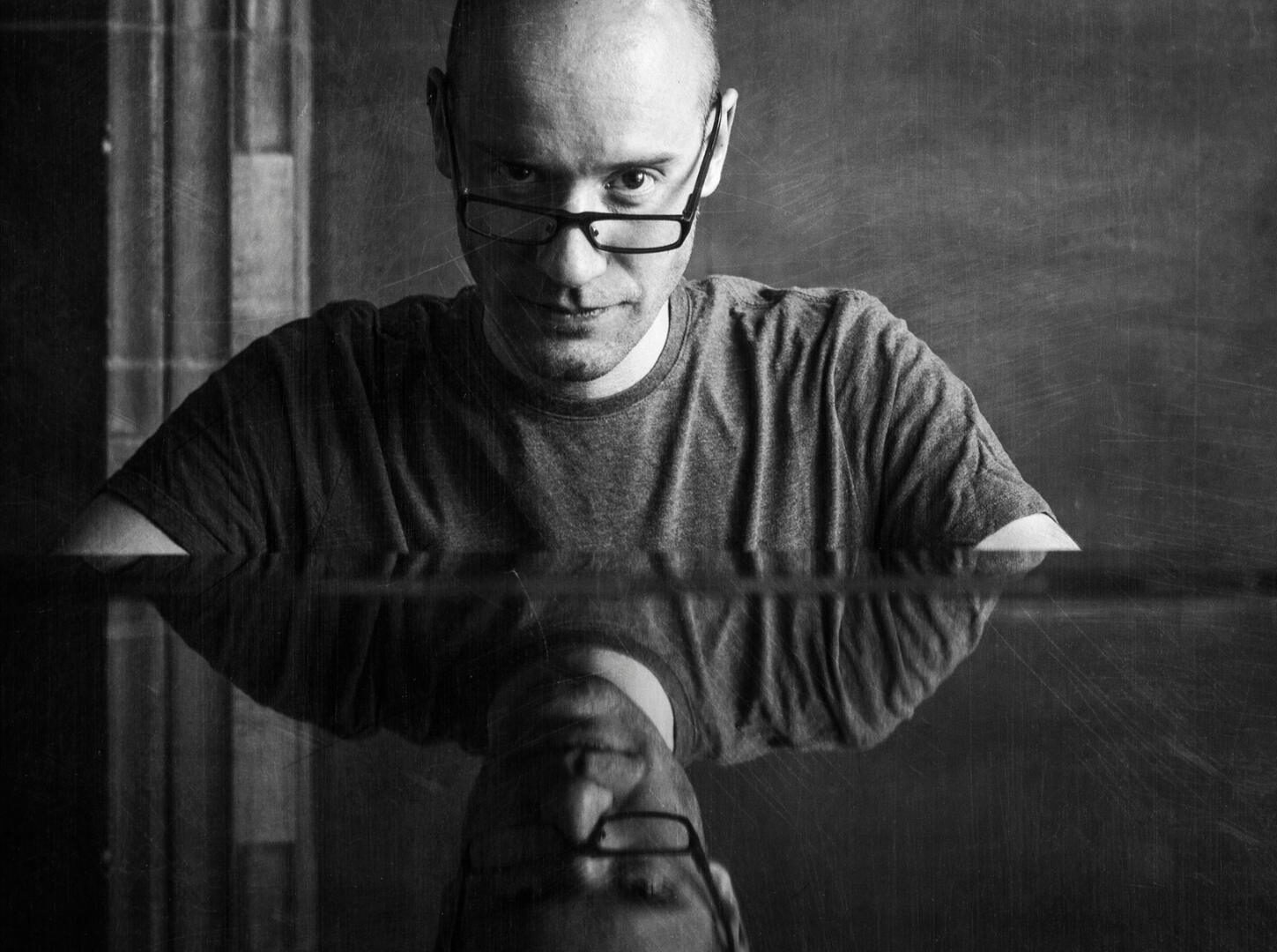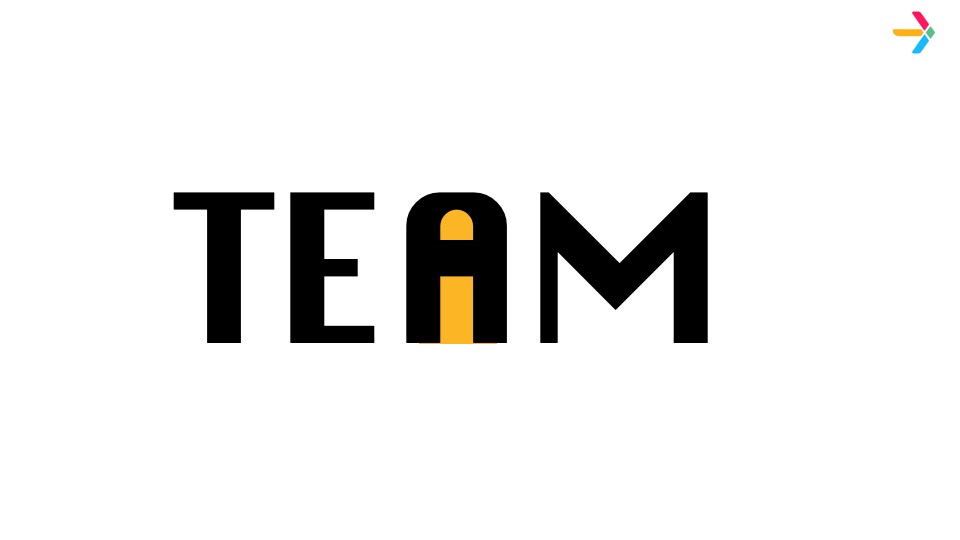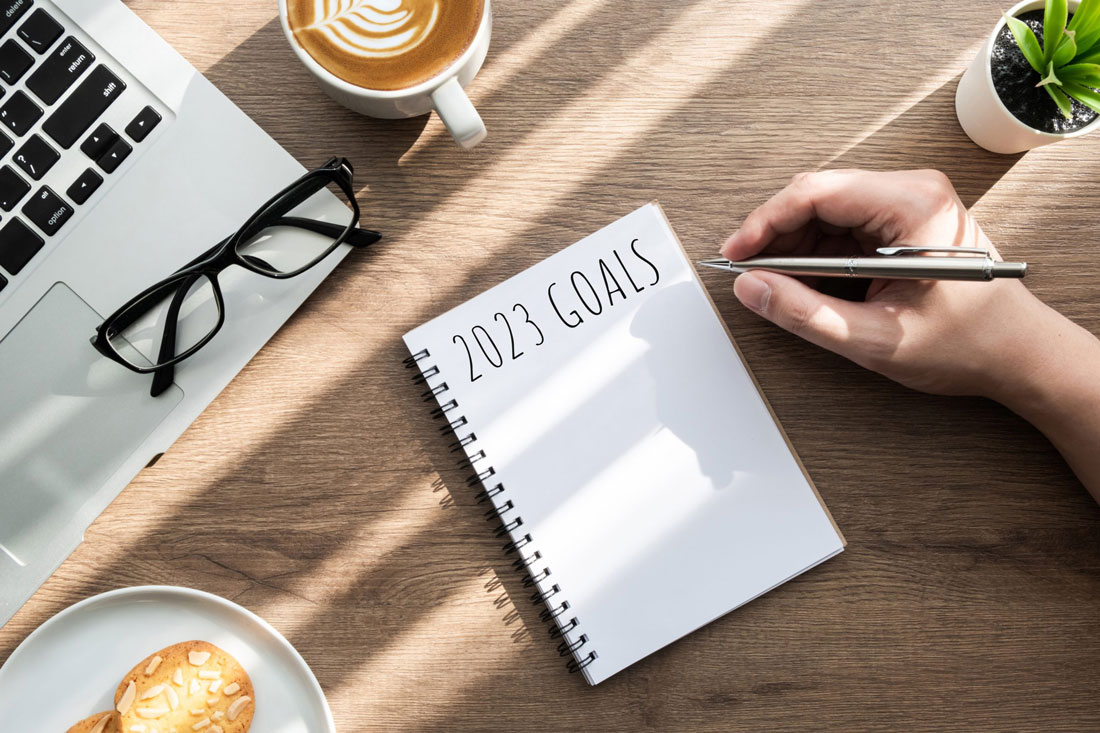When we don’t feel at our best, we are likely not performing at our best. But rather than address performance as the sickness, it’s merely the symptom. What underpins performance is the much broader realm of behaviour.
How are you? Really. When was the last time someone asked you about your welfare in a meaningful way? More importantly, how would you respond? When it comes to your role as a leader, many people, even high performers, are feeling exhausted at the pace of change they’re dealing with. From changing customer expectations and emerging technology to the obvious changes brought about by the COVID-19 pandemic. As we well know, our feelings influence our behaviours, and ultimately, our performance.
Along with identities and leadership, behaviours are a fundamental aspect of the Exigence model for coaching, leading to sustainable impacts. Behaviours, individual and collective, that support success is a complex topic. This post is a primer to get you thinking about your behaviour as a leader. Particularly in the current context of the immense pressure on businesses during the pandemic, and on individuals whose work lives have been drastically altered through remote working arrangements, restructures, shifting business goals, and not to mention the ever-present personal and family stressors.
To lead others, lead yourself
Do a Google search for morning routine or a similar phrase, and you’ll be buried under a deluge of articles about how high performers in any given field start their day. The hacks. The exercise regimen. The diet wonder-products. Apparently, being successful starts with what you do the moment you open your eyes. The unfortunate downside to this celebrity-secrets approach to personal development is that it trivialises a significant issue: Leaders need to lead themselves effectively to lead others effectively.
You are the vehicle for your leadership.
Far too many leaders, entrepreneurs and business owners fail to embrace their role as a leader and get stuck in perpetual “delivery mode”. There are many reasons for this, but perhaps the most significant change you can make to enable yourself to be less “busy” and improve your leadership skills, is to frame leadership as your top priority. Your to-do list should be populated with leadership activity, not output activity.
Leadership activity starts with personal development.
As a result of the research for our book, Leader iD, we developed a model that puts you at the centre. The person you are – your very self. Then comes the skills you display as a leader. Put the two together, and you have performance. There is more to this, which we’ll explain in future posts, but the takeaway message here is that that more developed a leader is as a person, the more sophisticated the leadership they can demonstrate.
So, who are you?
You look in the mirror every day to check your outward appearance before stepping out the door or logging in to a videoconference. In fact, many of us would be aghast at the thought of not checking our appearance. We can take a similar approach to personal development through regular and meaningful reflection.
Self-inspection
Reflection is critical, and we can relate it to making your life meaningful. People who don’t reflect and don’t examine their life cannot see their lives as meaningful. Their life becomes mechanical when they don’t try to develop their self-awareness, self-understanding, self-knowledge. That’s where the meaning is created. Reflection needs space, and when people don’t make the space for reflection, including thought-provoking questions, it becomes a self-limiting way of being for leaders as it stunts development.
Reflection also opens up the possibility of identifying one key trait, a trait that cannot be undervalued in the current economic and social landscape. Do we respond, or do we react? Responding rather than reacting is a key trait of great performers. The space between stimulus (input) and a resulting action (output) is where the best performers gain a critical advantage over those who simply react.
To respond is to take the time, however brief that may be, assess the options and choose the action we take.
To respond is a habit built through practice, and that starts with identifying the moments where our actions did not align with our values or personal expectations. The rough guide to reflective practice goes like this:
- What was the situation? Describe it. Facts only. No value judgements.
- How did I react? Again, facts only, even if those are hard to swallow.
- What would I do differently next time? If you could respond rather than react, what would you choose to do?
- How can I get there? What development activity or education do I need to do to shift my reaction?
Reflection helps identify behaviours we can alter or amplify through development activities, including coaching. Ongoing development of your “self” is key to leading yourself and others successfully towards a meaningful and fulfilled life inside and outside of work.
Exigence works with organisations to deliver full-stack HR leadership development solutions, from Executive and senior team coaching to Concise Coaching and Team Coaching. If you would like to discuss how we can help you deliver quantifiable impacts for your organisation, we’d love to hear from you – just contact us here.





Наиболее актуальные новости мира fashion.
Исчерпывающие события лучших подуимов.
Модные дома, торговые марки, высокая мода.
Приятное место для стильныех людей.
https://femalemoda.ru/
Точно стильные новинки мира fashion.
Важные эвенты известнейших подуимов.
Модные дома, бренды, гедонизм.
Интересное место для модных людей.
https://breakmoda.ru/
Точно свежие новинки моды.
Абсолютно все события лучших подуимов.
Модные дома, лейблы, haute couture.
Самое приятное место для трендовых людей.
https://malemoda.ru/
Несомненно свежие события модного мира.
Исчерпывающие события всемирных подуимов.
Модные дома, бренды, высокая мода.
Свежее место для модных людей.
https://fashionvipclub.ru/
Несомненно стильные события индустрии.
Исчерпывающие события мировых подуимов.
Модные дома, лейблы, haute couture.
Самое приятное место для трендовых хайпбистов.
https://sneakero.ru/
Наиболее важные события модного мира.
Все события самых влиятельных подуимов.
Модные дома, торговые марки, гедонизм.
Самое приятное место для трендовых хайпбистов.
https://sneakersgo.ru/
Самые стильные события индустрии.
Актуальные события самых влиятельных подуимов.
Модные дома, бренды, гедонизм.
Интересное место для трендовых хайпбистов.
https://sneakerside.ru/
Best wristwatch news and events. Latest collections, models. Up to date news about legendary watch companies.
https://chrono.luxepodium.com/
I needs to spend some time learning more or understanding more.
Несомненно трендовые новости мировых подиумов.
Важные мероприятия известнейших подуимов.
Модные дома, лейблы, высокая мода.
Свежее место для стильныех людей.
https://ulmoda.ru/
Полностью важные новинки индустрии.
Все мероприятия лучших подуимов.
Модные дома, бренды, haute couture.
Свежее место для трендовых хайпбистов.
https://luxury.superpodium.com/
Style, luxe, lifestyle
Best fashion startpage for hypebeasts and stylish people.
Style news, events. Latest collections, collaborations, limited editions.
https://dubai.luxepodium.com/
Fashion, luxe, travel
Best fashion site for hypebeasts and cute people.
Industry news, events. New collections, collaborations, limited editions.
https://watch.lepodium.net/
Fashion, luxe, travel
The best style site for hypebeasts and cute people.
Style news, events. New collections, collaborations, drops.
https://dubai.luxepodium.com/
Style, luxe, lifestyle
First style site for hypebeasts and cute people.
Podium news, events. New collections, collaborations, drops.
https://watch.lepodium.net/
Style, luxe, hedonism
First style website for hypebeasts and cute people.
Podium news, events. Last collections, collaborations, drops.
https://london.luxepodium.com/
Style, luxury, travel
Best fashion website for hypebeasts and stylish people.
Style news, events. Best collections, collaborations, limited editions.
https://lepodium.in/
Самые актуальные новости подиума.
Все новости лучших подуимов.
Модные дома, бренды, haute couture.
Интересное место для трендовых людей.
https://richlifestyle.ru/
Абсолютно все актуальные новости часового искусства – актуальные коллекции легендарных часовых марок.
Все варианты часов от доступных до ультра гедонистических.
https://podium24.ru/
Абсолютно свежие события модного мира.
Важные новости известнейших подуимов.
Модные дома, лейблы, гедонизм.
Самое приятное место для модных людей.
https://furluxury.ru/
Абсолютно все актуальные новости часового мира – свежие модели культовых часовых компаний.
Абсолютно все коллекции хронографов от дешевых до супер люксовых.
https://podium24.ru/
Полностью свежие новинки мировых подиумов.
Все новости всемирных подуимов.
Модные дома, бренды, гедонизм.
Самое приятное место для модных людей.
https://furluxury.ru/
Точно свежие события подиума.
Исчерпывающие события известнейших подуимов.
Модные дома, торговые марки, гедонизм.
Интересное место для стильныех людей.
https://fe-style.ru/
Наиболее свежие события мира fashion.
Все новости известнейших подуимов.
Модные дома, бренды, высокая мода.
Приятное место для трендовых людей.
https://balenciager.ru/
Точно важные новинки индустрии.
Актуальные события всемирных подуимов.
Модные дома, лейблы, haute couture.
Свежее место для модных людей.
https://balenciager.ru/
Абсолютно все актуальные новости часового мира – свежие коллекции лучших часовых компаний.
Все коллекции часов от доступных до ультра дорогих.
https://bitwatch.ru/
Несомненно трендовые новинки мировых подиумов.
Важные новости всемирных подуимов.
Модные дома, торговые марки, гедонизм.
Новое место для модных людей.
https://outstreet.ru/
Абсолютно важные новости мировых подиумов.
Все мероприятия известнейших подуимов.
Модные дома, лейблы, haute couture.
Самое приятное место для модных людей.
https://luxe-moda.ru/
LeCoupon: интересные новинки для любителей fashion шоппинга
Новости, события, модные луки, мероприятия, дропы, подиум.
https://qrmoda.ru/
Точно свежие новинки мира fashion.
Актуальные эвенты всемирных подуимов.
Модные дома, лейблы, гедонизм.
Приятное место для стильныех хайпбистов.
https://luxe-moda.ru/
LeCoupon: свежие события для любителей модного шоппинга
Лента новостей, события, стильные луки, мероприятия, коллекции, подиум.
https://qrmoda.ru/
Несомненно свежие новости подиума.
Актуальные события мировых подуимов.
Модные дома, торговые марки, высокая мода.
Свежее место для модных хайпбистов.
https://fashion5.ru/
Абсолютно стильные новости мировых подиумов.
Все события мировых подуимов.
Модные дома, бренды, высокая мода.
Новое место для трендовых людей.
https://stylecross.ru/
Точно стильные новинки подиума.
Актуальные новости известнейших подуимов.
Модные дома, лейблы, высокая мода.
Самое приятное место для стильныех людей.
https://fashion5.ru/
Самые трендовые события индустрии.
Важные новости известнейших подуимов.
Модные дома, торговые марки, высокая мода.
Лучшее место для трендовых хайпбистов.
https://egomoda.ru/
Полностью важные новости мира fashion.
Важные новости известнейших подуимов.
Модные дома, бренды, гедонизм.
Интересное место для стильныех людей.
https://rfsneakers.ru
Точно свежие события мировых подиумов.
Абсолютно все события лучших подуимов.
Модные дома, лейблы, гедонизм.
Новое место для трендовых хайпбистов.
https://whitesneaker.ru/
Несомненно стильные новости подиума.
Актуальные эвенты самых влиятельных подуимов.
Модные дома, торговые марки, высокая мода.
Свежее место для модных людей.
https://whitesneaker.ru/
Очень стильные события моды.
Абсолютно все события всемирных подуимов.
Модные дома, торговые марки, haute couture.
Новое место для модных хайпбистов.
https://rfsneakers.ru
Самые трендовые события мировых подиумов.
Все новости мировых подуимов.
Модные дома, лейблы, высокая мода.
Новое место для модных хайпбистов.
https://modavmode.ru
Точно стильные новинки мировых подиумов.
Все события мировых подуимов.
Модные дома, торговые марки, haute couture.
Новое место для стильныех людей.
https://modavmode.ru
Точно трендовые новинки мировых подиумов.
Все события мировых подуимов.
Модные дома, лейблы, haute couture.
Лучшее место для трендовых людей.
https://miramoda.ru
Несомненно трендовые новости мира fashion.
Все события известнейших подуимов.
Модные дома, лейблы, гедонизм.
Приятное место для трендовых людей.
https://urban-moda.ru/
Полностью важные новинки подиума.
Актуальные события самых влиятельных подуимов.
Модные дома, бренды, гедонизм.
Самое приятное место для стильныех людей.
https://miramoda.ru
Полностью трендовые события индустрии.
Важные эвенты известнейших подуимов.
Модные дома, бренды, высокая мода.
Приятное место для стильныех людей.
https://sofiamoda.ru
Самые свежие новинки модного мира.
Актуальные мероприятия лучших подуимов.
Модные дома, лейблы, высокая мода.
Самое приятное место для стильныех людей.
https://urban-moda.ru/
Абсолютно стильные события моды.
Все новости всемирных подуимов.
Модные дома, лейблы, гедонизм.
Приятное место для трендовых людей.
https://sofiamoda.ru
Полностью актуальные события мира fashion.
Исчерпывающие мероприятия самых влиятельных подуимов.
Модные дома, бренды, haute couture.
Лучшее место для стильныех хайпбистов.
https://fashionsecret.ru
Абсолютно стильные события индустрии.
Исчерпывающие мероприятия самых влиятельных подуимов.
Модные дома, лейблы, гедонизм.
Самое приятное место для трендовых хайпбистов.
https://worldsfashion.ru/
Самые актуальные новинки подиума.
Исчерпывающие эвенты мировых подуимов.
Модные дома, бренды, высокая мода.
Интересное место для модных людей.
https://fashionsecret.ru
Очень трендовые новинки подиума.
Исчерпывающие мероприятия известнейших подуимов.
Модные дома, бренды, высокая мода.
Лучшее место для стильныех хайпбистов.
https://worldsfashion.ru/
Несомненно стильные события подиума.
Актуальные мероприятия всемирных подуимов.
Модные дома, бренды, гедонизм.
Новое место для стильныех хайпбистов.
https://fashionvipclub.ru/news/2024-06-19-gruzin-kotoryy-perevernul-mirovuyu-modu-demna-gvasaliya/
Несомненно трендовые события модного мира.
Актуальные события известнейших подуимов.
Модные дома, бренды, гедонизм.
Интересное место для стильныех хайпбистов.
https://luxe-moda.ru/chic/162-loro-piana-lyubimyy-brend-politikov-i-biznesmenov/
XEvil 5.0 resuelve automáticamente la mayoría de los captchas,
Incluyendo este tipo de captchas: ReCaptcha-2, ReCaptcha v.3, Hotmail (Microsoft), Google captcha, Solve Media, BitcoinFaucet, Steam, Amazon, Twitter, Microsoft, Twitch, Outlook, +12000
+ hCaptcha, ArkoseLabs FunCaptcha, ReCaptcha Enterprize compatible con el nuevo XEvil 6.0!
1.) Rápido, fácil y preciso
XEvil es el asesino de captcha más rápido del mundo. No tiene límites de resolución, ni límites de número de hilos
¡puedes resolver incluso 1.000.000.000 de captchas por día y costará 0 (CERO) USD! Solo compre la licencia por 59 USD y todo!
2.) Soporte para varias API
XEvil es compatible con más de 6 API diferentes conocidas en todo el mundo: 2Captcha, anti-captchas.com (antigate), rucaptcha.com, death-by-captcha, etc.
simplemente envíe su captcha a través de una solicitud HTTP, como puede enviar a cualquiera de esos servicios, y XEvil resolverá su captcha.
Por lo tanto, XEvil es compatible con cientos de aplicaciones para SEO/SMM/recuperación de contraseñas/análisis/publicación/clic/criptomoneda/etc.
3.) Soporte y manuales útiles
Después de la compra, tienes acceso a una tecnología privada.foro de soporte, Wiki, soporte en línea de Skype/Telegram
Los desarrolladores entrenarán a XEvil con su tipo de captcha de forma gratuita y muy rápida , solo envíeles ejemplos
4.) ¿Cómo obtener una versión de prueba gratuita de la versión completa de XEvil?
– Intenta buscar en Google “Home of XEvil”
– encontrará IP con el puerto 80 abierto de los usuarios de XEvil (haga clic en cualquier IP para asegurarse)
– intente enviar su captcha a través de 2captcha API en una de esas IP
– si tiene un error de CLAVE INCORRECTA, simplemente confíe en otra IP
– ¡Que lo disfrutes! 🙂
– (no funciona para hCaptcha!)
ADVERTENCIA: La DEMOSTRACIÓN gratuita de XEvil NO es compatible con reCAPTCHA, hCaptcha y la mayoría de los otros tipos de captcha.
http://XEvil.Net/
XEvil 5.0 resuelve automáticamente la mayoría de los captchas,
Incluyendo este tipo de captchas: ReCaptcha v.2, ReCaptcha v.3, Hotmail, Google captcha, SolveMedia, BitcoinFaucet, Steam, Amazon, Twitter, Microsoft, Twitch, Outlook, +12k
+ hCaptcha, ArkoseLabs FunCaptcha, ReCaptcha Enterprize compatible con el nuevo XEvil 6.0!
1.) Rápido, fácil y preciso
XEvil es el asesino de captcha más rápido del mundo. No tiene límites de resolución, ni límites de número de hilos
¡puedes resolver incluso 1.000.000.000 de captchas por día y costará 0 (CERO) USD! Solo compre la licencia por 59 USD y todo!
2.) Soporte para varias API
XEvil es compatible con más de 6 API diferentes conocidas en todo el mundo: 2Captcha, anti-captchas.com (antigate), rucaptcha.com, DeathByCaptcha, etc.
simplemente envíe su captcha a través de una solicitud HTTP, como puede enviar a cualquiera de esos servicios, y XEvil resolverá su captcha.
Por lo tanto, XEvil es compatible con cientos de aplicaciones para SEO/SMM/recuperación de contraseñas/análisis/publicación/clic/criptomoneda/etc.
3.) Soporte y manuales útiles
Después de la compra, tienes acceso a una tecnología privada.foro de soporte, Wiki, soporte en línea de Skype/Telegram
Los desarrolladores entrenarán a XEvil con su tipo de captcha de forma gratuita y muy rápida , solo envíeles ejemplos
4.) ¿Cómo obtener una versión de prueba gratuita de la versión completa de XEvil?
– Intenta buscar en Google “Home of XEvil”
– encontrará IP con el puerto 80 abierto de los usuarios de XEvil (haga clic en cualquier IP para asegurarse)
– intente enviar su captcha a través de 2captcha API en una de esas IP
– si tiene un error de CLAVE INCORRECTA, simplemente confíe en otra IP
– ¡Que lo disfrutes! 🙂
– (no funciona para hCaptcha!)
ADVERTENCIA: La DEMOSTRACIÓN gratuita de XEvil NO es compatible con reCAPTCHA, hCaptcha y la mayoría de los otros tipos de captcha.
http://xrumersale.site/